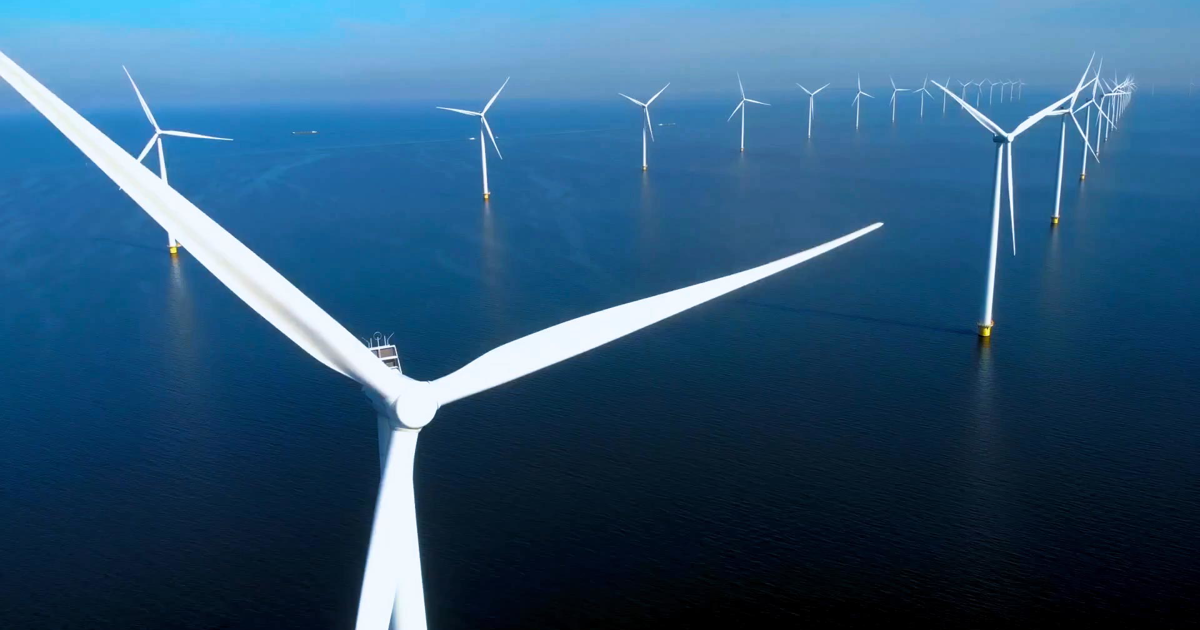Masdar, Abu Dhabi’s flagship renewable energy company, has signed three major agreements with Norwegian companies to explore renewable energy and green hydrogen opportunities.
The deals were announced during the UAE-Norway Investment Forum and represent an important step toward expanding Masdar’s collaborations in the Nordic region, particularly in green hydrogen, renewable energy infrastructure, and future energy projects.
The three Norwegian firms involved are ICP Infrastructure, Aker Horizons Asset Development, and Equinor.
The move comes as part of Abu Dhabi’s Crown Prince HH Sheikh Khaled bin Mohamed bin Zayed Al Nahyan’s visit to Norway aimed at strengthening ties between the two countries, particularly around sustainable energy.
The partnerships showcase Masdar’s expanding global influence in clean energy, as the company intends to leverage Norway’s advanced renewable expertise to strengthen its presence in Europe.
Each agreement serves a distinct purpose, advancing Masdar’s overarching goal of developing sustainable energy solutions.
With ICP Infrastructure, Masdar has signed an agreement to explore green energy infrastructure collaborations, focusing particularly on the Nordics and the broader European markets. The deal addresses Europe’s growing need for renewable energy as the region strives to meet its 2030 climate goals.
Through the agreement, joint projects in wind, solar, and other renewable energy ventures could be developed, enhancing Masdar’s footprint in Europe’s renewable sector.
The partnership with Aker Horizons Asset Development focuses on jointly developing the ‘Power to Green Hydrogen’ value chain. The collaboration is particularly essential for decarbonising hard-to-abate sectors such as heavy industry and transportation.
Green hydrogen is increasingly seen as a vital solution for reducing carbon emissions in those sectors, and the partnership aims to accelerate the production and use of green hydrogen in Europe and beyond.
Masdar’s partnership with Equinor seeks to strengthen collaboration on existing renewable energy projects while exploring new opportunities in both renewable energy and green hydrogen.
The agreement also focuses on enhancing the supply chain for ongoing and future projects, which will be crucial in scaling up renewable energy capacity.
Equinor, Norway’s state-owned energy giant, has been a long-standing partner of Masdar, and this new deal builds on their past successful collaborations.
Masdar’s relationship with Norwegian renewable energy companies covers more than a decade, with successful projects already in place that have helped bolster both countries’ renewable energy ambitions.
This includes collaborations in offshore wind and green hydrogen production, positioning both nations as leaders in clean energy development.
One of Masdar’s notable ventures in Norway is its partnership with Equinor and Eni to develop the Hywind Scotland project, the world’s first floating offshore wind farm, which became operational in 2017.
The project marked a major milestone in the renewable energy sector, demonstrating the potential of floating wind turbines to harness energy from deeper waters, where conventional fixed turbines are not viable.
Building on this innovation, Norway has continued to assert its global leadership in renewable energy, with a particular focus on hydropower, which accounts for over 90% of its electricity generation.
In recent years, however, the country has expanded its ambitions to include offshore wind and green hydrogen, solidifying its commitment to diversifying its renewable energy portfolio.
As part of its plans, Norway aims to develop 30 GW of offshore wind capacity by 2040, a move that would place it at the forefront of Europe’s clean energy transition.
With its vast natural resources, technological expertise, and government support, Norway has been actively seeking international partnerships to scale up its renewable energy capacity.
The country is also taking major steps in green hydrogen production, which is seen as a key component in reducing emissions from industries that are difficult to decarbonise, such as shipping, aviation, and heavy manufacturing.





